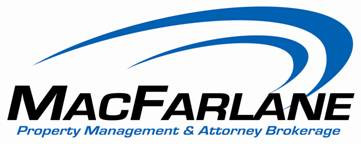A common question in the minds of many property owners familiar with the Rent Escrow Account Program (REAP) is what are the REAP funds used for? Many owners assume the funds will be used to assist with funding the rehabilitation work necessary at the property. This is partially true; however, the property owner must meet certain qualifications before the money will be used for that purpose. In addition, the Los Angeles Housing Department (LAHD) deducts a non-refundable administrative fee of $50.00 for each individual rent payment made to LAHD per month, per unit.
Below are scenarios where LAHD will consider the withdrawal of funds by the owner from the REAP account, upon review hearing by the LAHD General Manager (Los Angeles Housing Department – Rent Stabilization Ordinance – Section 1200.00, et seq.):
1. When such release is necessary to prevent a significant diminution of an essential service to the building, including utilities, trash services, security, pest control, and managerial services as required by state law. When a request for such release is not supported by the tenants, the burden is on the landlord to show financial hardship preventing payment of such services beyond a mere negative cash flow for the property.
2. When necessary for the correction of deficiencies including, but not limited to, those that caused the building/unit(s) to be placed in REAP. When a request for such release is opposed by the tenants, the burden is on the landlord to show financial hardship preventing the correction of deficiencies beyond a mere negative cash flow for the property.
Within twenty-one (21) days of receipt of a request for release of funds, the General Manager will hold a hearing to review the owner’s request. In situations posing imminent health and safety threats, the General Manager may order the release of funds without a hearing or on shortened notice.
LAHD goes to great lengths to state that a request for release of funds shall not be considered if based solely on negative building cash flow or the owner’s inability to obtain a loan. This leads property owners to believe that LAHD is more concerned with the overall financial capabilities of the property owner, as opposed to the financial condition of the specific property at issue.
REAP is a fairly new program and no substantial precedence has been set on this issue. In short, it appears that LAHD is limiting its REAP account withdrawals to owners who are financially unable to proceed with the necessary repairs on their own.


Leave a Reply